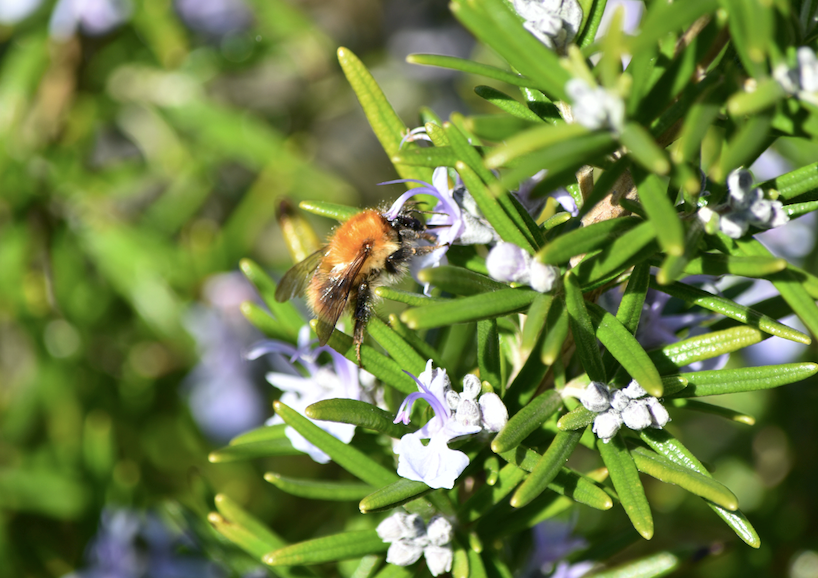Four Port Coquitlam parks will be welcoming the bees and other pollinators with wildflower plantings this year.
A mix of seeds for plants that attract bees will be sown in three meadows at Castle Park, five meadows at Citadel Landing, one meadow in the Hyde Creek Nature Reserve and at the entrance to Cascara Park from Elks Drive.
The initiative comes after a successful season of attracting bees to plants in Castle Park and there are plans to expand bee foraging sites along the median of Lougheed Highway — one of the city’s biggest traffic thoroughfares.
However, more sites should be added, the city suggests.
“The world’s food supply depends on pollinators and they come in other little creatures besides the bees,” noted Coun. Nancy McCurrach who championed the idea.
There will also be signage to educate the public about the benefits of pollinating plants.
“If we do signs well, they can stand the test of time,” said Coun. Laura Dupont, who suggested the information be “big picture” as to “how and why these are important issues.”
Councillors also suggested that more areas of the city be transformed into pollinating gardens, such as a city owned parcel on Prairie Avenue and along dikes, where possible.
As well, Coun. Steve Darling suggested schools be informed about the program so children can visit the sites and learn about pollinators.
“I think there is a lot to learn from these. A lot of people might not know now a pollinator garden works and how important pollinators are to the ecosystem,” he said.
What type of seeds are being sown?
- Flowers and shrubs that provide pollinators with nesting and overwintering sites
- Flowers and shrubs that are in bloom from early spring through fall to ensure continuous pollen and nectar sources
- Native plants to encourage native bee and pollinator populations
- Annual and perennial grasses and wildflowers



